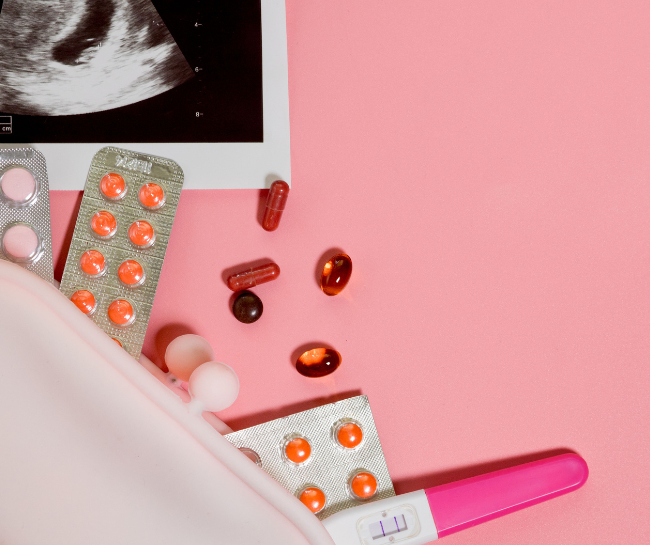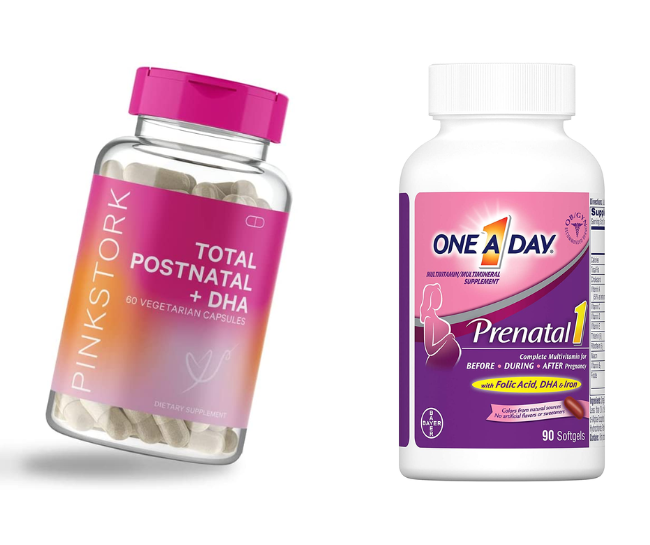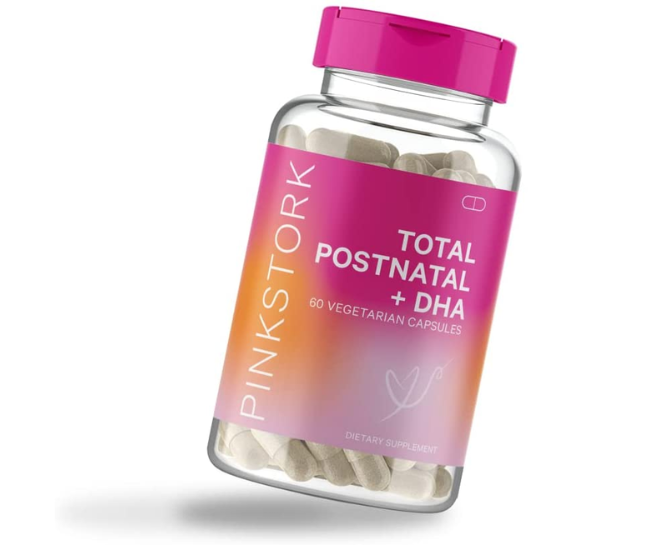Prenatal vitamins are an important part of a pregnant woman’s diet. They help to ensure that the developing baby gets enough essential nutrients, including iron, folic acid, and calcium.
Most women are advised to take prenatal vitamins for the entire duration of their pregnancy. However, there is some debate about whether or not women should continue taking them after giving birth.
If you are confused about whether or not you should take prenatal vitamins post-delivery and when to stop taking prenatal vitamins after giving birth, then simply read on. This article will provide you with all the information you need to make an informed decision.
What are prenatal vitamins

Prenatal vitamins are a type of supplement that contain nutrients like iron, folic acid, and calcium. They are designed to meet the increased nutritional needs of pregnant women.
Prenatal vitamins are important because they help to ensure that the developing baby gets all the essential nutrients they need. They also help to reduce the risk of certain birth defects, such as neural tube defects.
How long should I take prenatal vitamins after giving birth

Pregnancy is a time of increased nutritional needs. After delivery, these needs return to normal. So, it is common to worry, ‘When to stop taking prenatal vitamins after giving birth?’. Some experts recommend that women continue taking prenatal vitamins for some time postpartum.
This is because it takes time for the body to adjust to its new nutritional needs. It is also important to note that during this time, women are at an increased risk of iron deficiency anemia.
Also, breastfeeding moms are advised to continue taking prenatal vitamins until they breastfeed because they can help to prevent deficiencies in nutrients like iron, folic acid, and vitamin D. For moms who do not breastfeed, it is recommended that they stop taking prenatal vitamins after 6 weeks postpartum.
Prenatal vitamins vs postnatal vitamins
It is also important to note that there is a whole range of other vitamins called postnatal vitamins that are specific for postpartum women.

From Left to Right: Pink Stork Total Postnatal + DHA and One A Day Women’s Prenatal 1 Multivitamin
Prenatal vitamins and postnatal vitamins are similar, but they are not the same. Prenatal vitamins are taken during pregnancy, while postnatal vitamins are taken after giving birth. These vitamins are different from prenatal vitamins in that they contain different nutrients and are taken at different times.
Postnatal vitamins contain a higher amount of certain nutrients like iron and vitamin D. This is because these nutrients are important for lactating mothers and their babies. Postnatal vitamins also contain less folic acid than prenatal vitamins because, after delivery, the risk of birth defects is no longer a concern.
Are postnatal vitamins necessary
There is a lot of debate over whether or not postnatal vitamins are necessary. Many experts believe that these vitamins are important for helping the mother’s body to recover from childbirth and for ensuring that the baby gets all the nutrients they need.
⭐⭐⭐⭐⭐ “The capsules are just the rights size, easy to swallow and are very fragrant. I have two under two and find myself still energized despite taking care of a toddler and a newborn. My milk supply is abundant too so no need to worry that it will affect it.” – Cham G.
These also have some vitamins like Vitamin B12 which is important for the postpartum mother in order to maintain her own health and for the baby if they are breastfed. Postnatal vitamins even offer other benefits like better mood handling, increased milk supply, and better sleep.
However, some people argue that postnatal vitamins are unnecessary and that a healthy diet should be sufficient. Ultimately, the decision of whether or not to take postnatal vitamins is a personal one. That being said, it is important to speak to your doctor before making any decisions, as they will be able to advise you on what is best for you and your baby.
What vitamins should I take after giving birth

Whether you decide to take prenatal vitamins or postnatal vitamins, there are certain nutrients that are important for postpartum women. These include iron, folic acid, vitamin D, and calcium.
- Iron: Iron is important for preventing anaemia. It is also important for lactating mothers as it helps to increase milk supply.
- Folic acid: Folic acid is important for the development of the baby’s nervous system. It is also important for the prevention of birth defects. According to CDC, women of reproductive age may need to take 400 mg of folic acid every day.
- Vitamin D: Vitamin D is important for the absorption of calcium. It is also important for the health of bones and teeth.
- Calcium: Calcium is important for the development of bones and teeth. It is also important for muscle contraction and blood clotting. Breastfeeding mothers need extra calcium to help their bodies produce milk.
- Omega-3 fatty acids: Omega-3 fatty acids are important for the development of the brain and eyes. They are also important for the prevention of heart disease. This can help postpartum women to recover from the stresses of childbirth.
- Choline: Choline is important for the development of the brain and nervous system. It is also important for the prevention of birth defects.
- Iodine: Iodine is important for the production of thyroid hormones. It is also important for the development of the baby’s brain and nervous system.
💡 When were prenatal vitamins developed?
In 1945, chemists at the American pharmaceutical company Lederle synthesized folic (also pteroylglutamic) acid, which quickly became a clinical medicine and research tool (Hoffbrand & Weir, 2001).
While these are the most needed nutrients for a mother after giving birth, it is important to consult a healthcare provider who can give you the right advice based on your individual situation.
Hope this article has helped you to understand a little better about when to stop taking prenatal vitamins after giving birth and what nutrients are important for postpartum women. Do not hesitate to reach out to a healthcare provider if you have any questions or concerns.
Don’t forget to like and leave a comment. Thank you!


